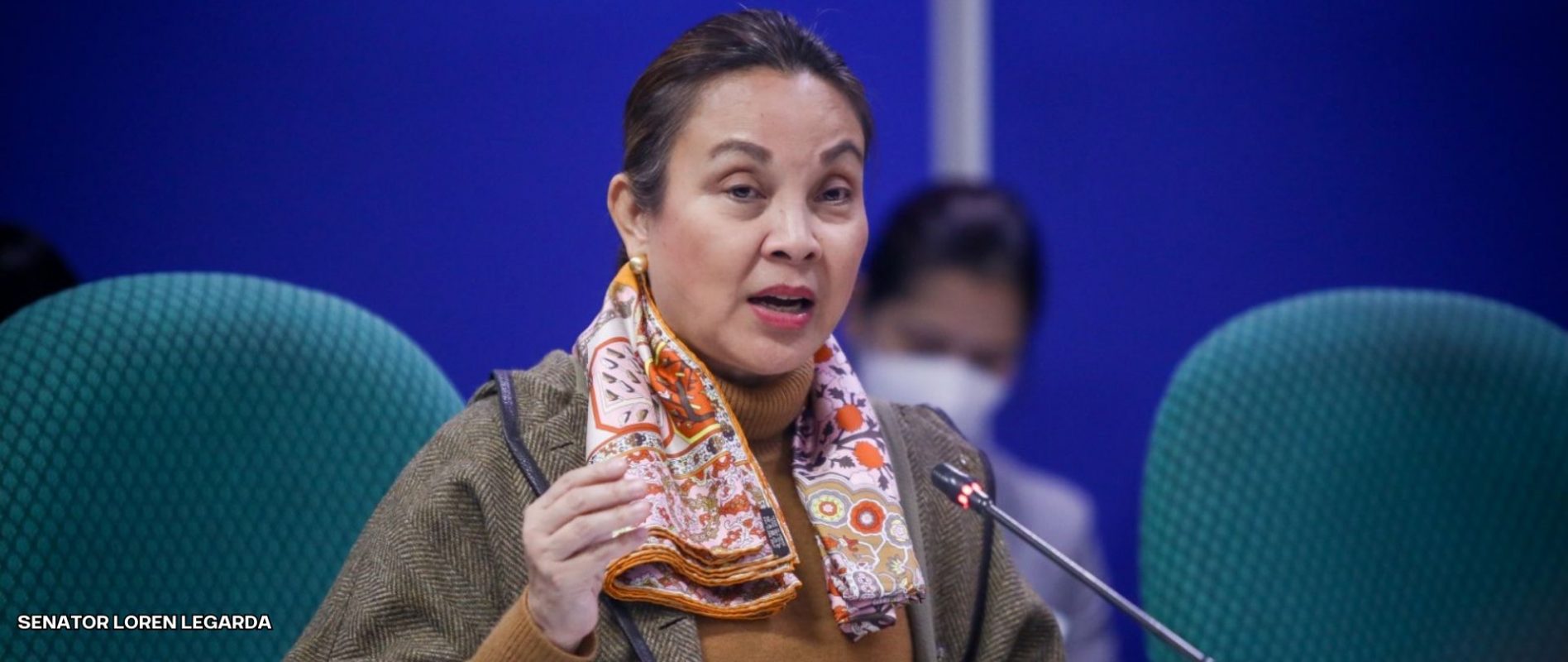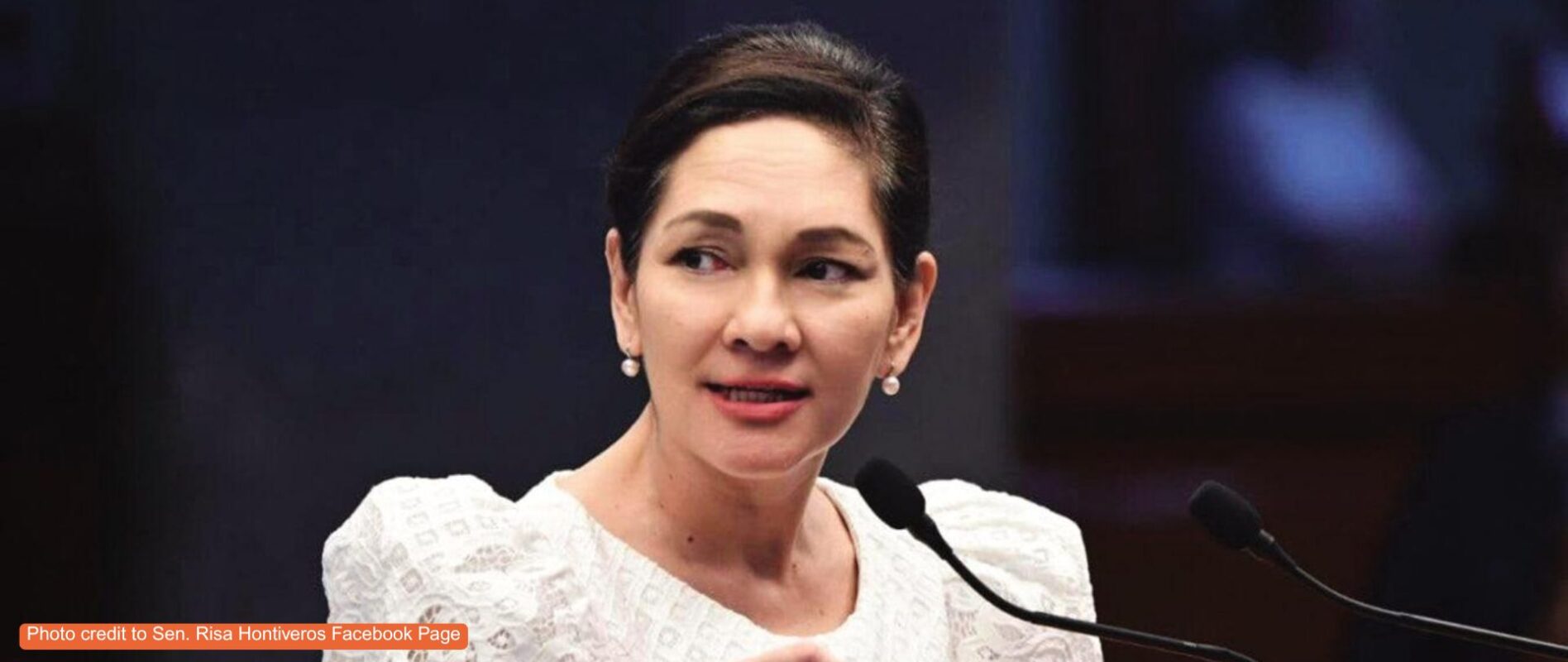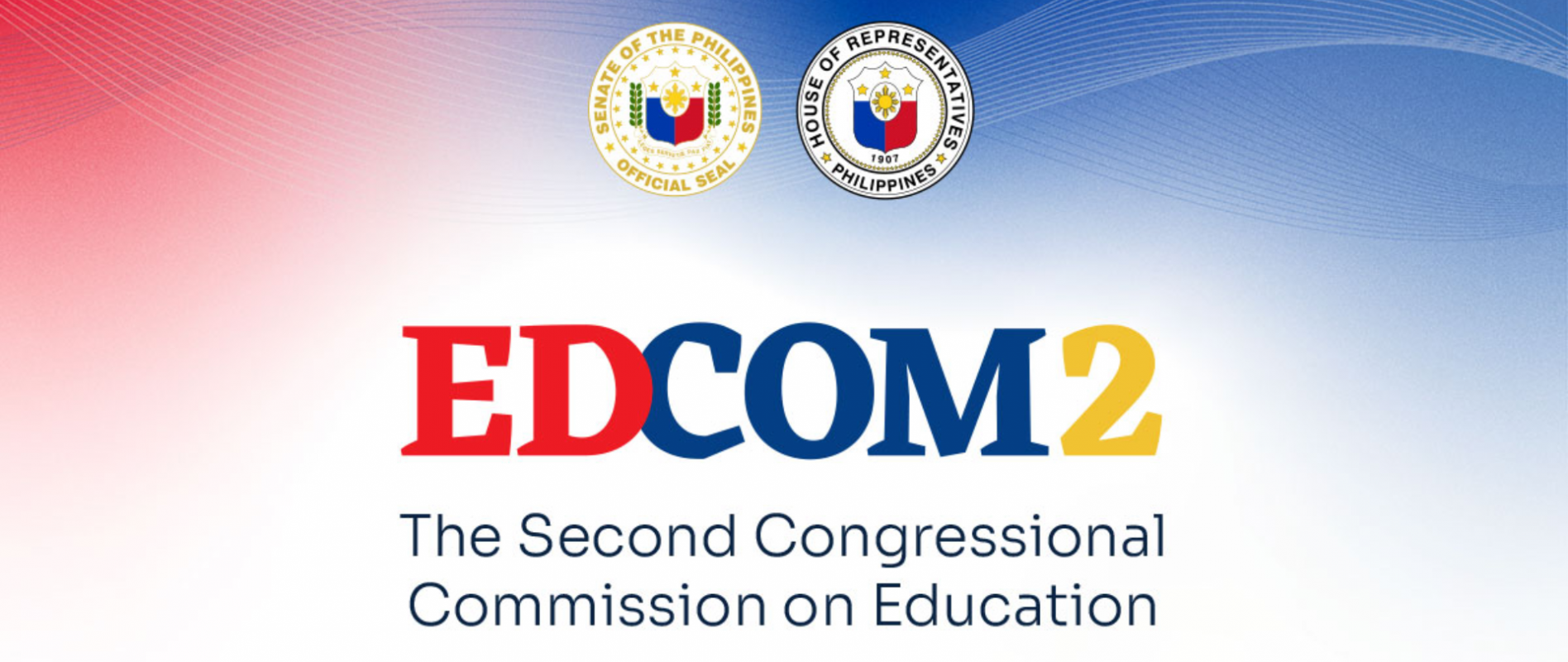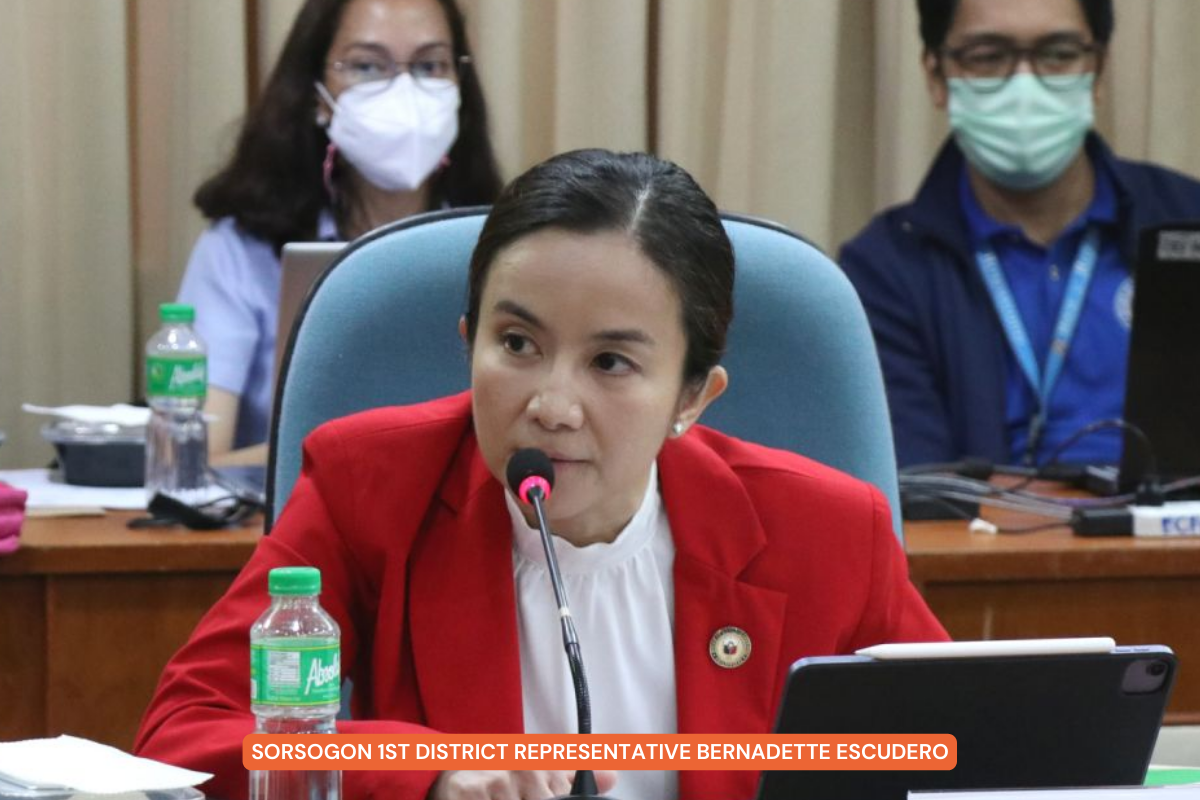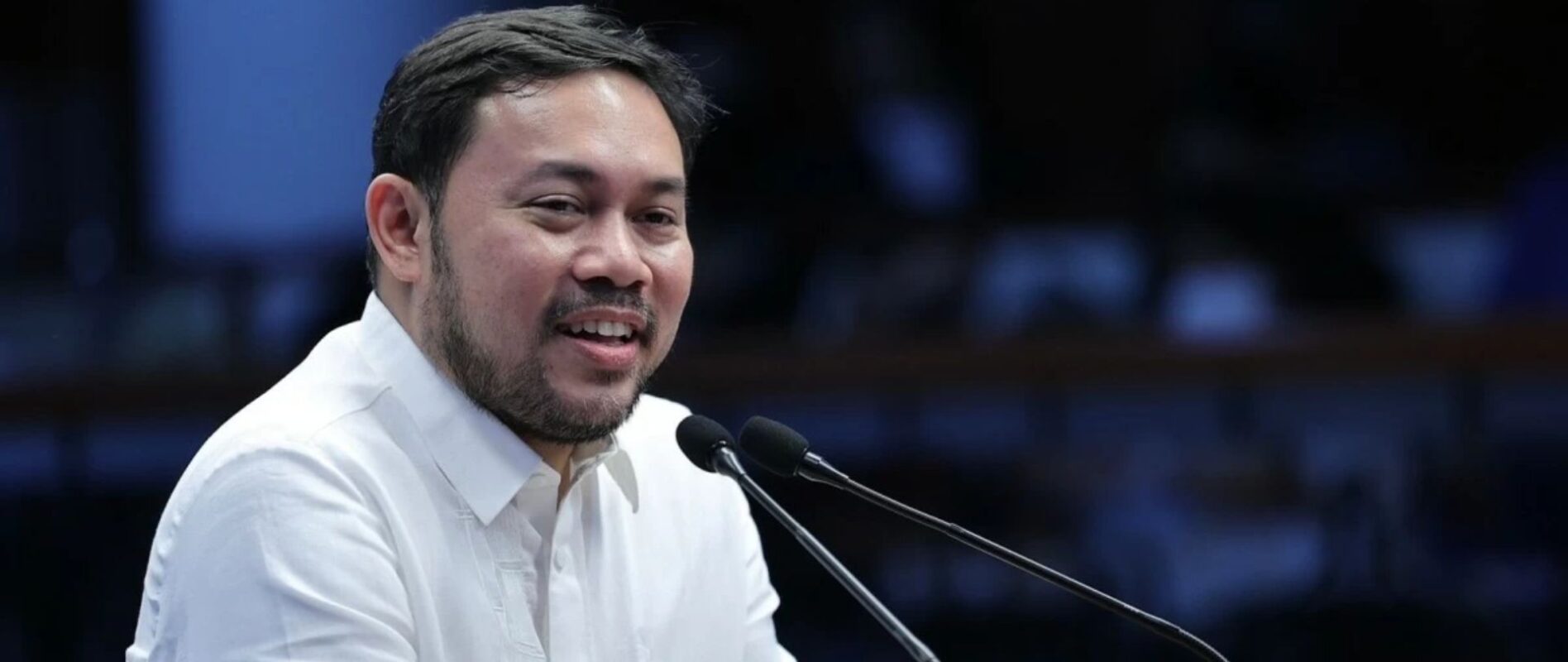SENATOR PUSHES INNOVATION OFFICES IN SUCs
SENATOR Loren Legarda called for stronger innovation and reform in state universities and colleges as she joined the 1,403rd Meeting of the University of the Philippines (UP) Board of Regents at Quezon Hall, UP Diliman.
Legarda sits as a member of the UP BOR by virtue of her position as Chair of the Senate Committee on Higher, Technical, and Vocational Education, placing her at the heart of higher education policymaking and governance.
One agenda item discussed was the establishment of the Office of the Vice Chancellor for Innovation and Enterprise Management (OVCIEM) at UP Los Baños, a move described as a breakthrough in aligning higher education with research translation, community impact, and enterprise development.
“Creating innovation offices is not just about restructuring academic bureaucracy. It shows that our universities are ready to lead in turning knowledge into solutions that strengthen communities, harness technology, and protect our environment,” Legarda said.
The OVCIEM will integrate research, entrepreneurship, and technology transfer under one coordinated policy. It aims to help faculty, researchers, and community partners transform academic work into sustainable, income-generating projects while complying with conservation laws.
A longtime climate advocate, Legarda stressed the need to combine agroforestry, smart monitoring, and social enterprises with strong environmental safeguards. She also emphasized the potential of carbon credit revenues for universities managing forest lands.
“Instead of extracting value through activities that degrade the environment, we can also generate earnings by protecting and rehabilitating our forests through the carbon credit mechanism,” she said.
She noted that Singapore has already signed carbon credit agreements with Thailand and Vietnam, and negotiations with the Philippines are underway, with hopes of finalizing them before the country’s ASEAN chairmanship next year.
Beyond innovation initiatives, the UP BOR also tackled other significant agenda items shaping the direction of the university and its campuses, underscoring the role of BOR deliberations in policies that impact quality education, institutional development, and national progress.
Legarda also recently filed Senate Bill No. 1427, or the Higher Education Development and Innovation Act of 2025, a modernization initiative shifting higher education from regulatory oversight to a development-driven system.
The measure promotes flexible learning pathways, international collaboration, and a typology-based system with differentiated autonomy, giving high-performing institutions greater freedom to innovate.
“These reforms are not abstract,” Legarda said. “They are about building a higher education system that is modern, coherent, and future-ready, capable of serving our people’s needs while addressing global challenges.”

